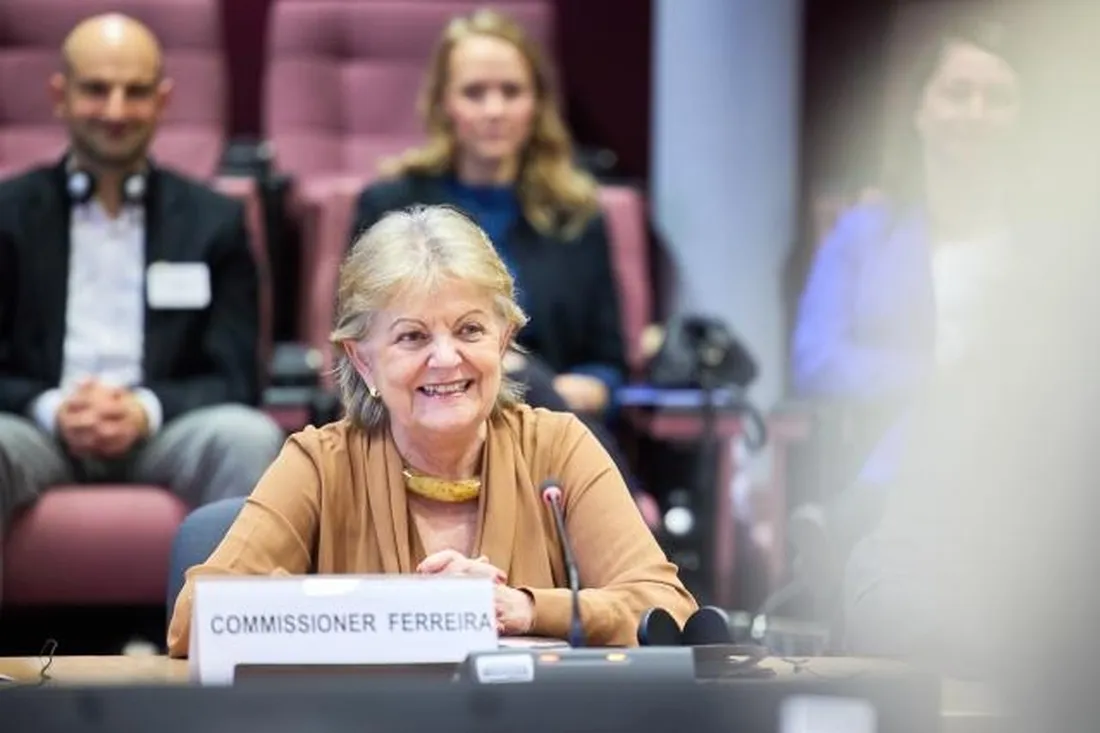
The High-Level Expert Group on the Future of Cohesion Policy has completed its meetings and drafted its final report, which will form the basis for the European Commission's proposals regarding the European Structural Funds after 2027. However, by the end of February/beginning of March, the midterm evaluation by the EU Executive on the Recovery and Resilience Facility is also expected, which is essential to assess the effectiveness of the RRF and to understand whether the mechanism tested with the National Recovery and Resilience Plans can influence the next Cohesion Policy.
The report is the result of extensive work conducted by the Group over the past year, incorporating academic input, Commission-prepared papers, and stakeholder presentations.
Structured around three central questions regarding the future of Cohesion Policy beyond 2027, the report addresses:
- The importance of Cohesion Policy for the future of Europe.
- The current and desired functions of Cohesion Policy.
- How Cohesion Policy can better achieve its goal of economic, social, and territorial cohesion within the context of the green and digital transition and demographic changes.
The recommendations put forth by the experts align closely with the priorities outlined by the Conference of Regions, which previously articulated its stance on the future of Cohesion Policy in a report issued in late November. These recommendations include transitioning away from a one-size-fits-all approach and embracing a more localized and people-centered Cohesion Policy, tailored to the specific needs of regions and individuals. This shift involves implementing customized strategies for regions and focusing interventions on areas where marginalization is most pronounced. Additionally, there is an emphasis on bolstering institutional capacity, particularly at the local level, and fostering stakeholder involvement through the application of partnership principles and the reinforcement of multi-level governance structures.
Furthermore, a crucial consideration is the potential impact of the Union's enlargement process on Cohesion Policy. While Cohesion Policy plays a pivotal role in addressing the economic and developmental challenges confronting prospective new member states in the Western Balkans and Eastern Europe, it is essential to ensure that investment in these accession countries does not come at the expense of current target regions. This entails taking into account the potential ramifications of enlargement on regions bordering candidate countries and those most affected by shifts in the global value chain resulting from future enlargements.
All these indications will contribute to the European Commission's Ninth Cohesion Policy Report, which will serve as the basis for the reform of the European Structural Funds under the Multiannual Financial Framework 2028-2034. A MFF that, experts recommend, should still take into account the theme of economic, social and territorial cohesion in a more cross-cutting way, through greater synergies with other European funding programs.
The EU, the experts emphasize, cannot think of achieving green, digital or demographic transitions while ignoring the fact that the territorial benefits and implementation costs of these transitions are not the same for everyone.
The reflection on the Future of Cohesion Policy will continue at the 9th Cohesion Forum, to be held from 11 to 12 April 2024.
The Commission will publish the 9th Cohesion Report in Spring 2024.







